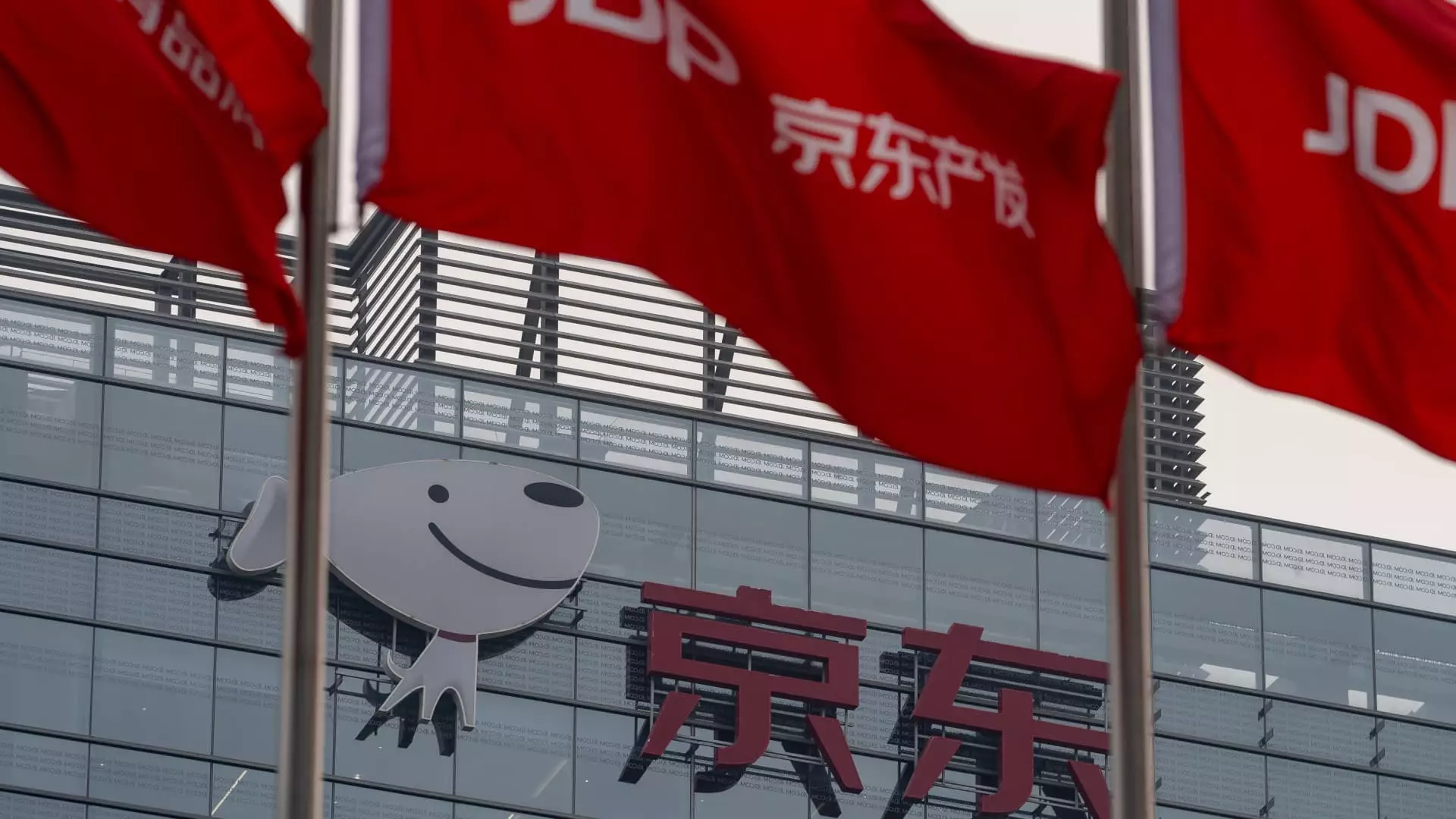The announcement of a $5 billion buyback by JD.com led to a 1.2% increase in its Hong Kong-listed shares, outperforming the decline in the Hang Seng index. Furthermore, the U.S. listed shares of the firm rose by 2.24% following the news. Despite this positive reaction, both JD.com’s Hong Kong and U.S. shares have experienced a 20% drop year to date.
Comparison with Hang Seng Index
In comparison, the Hang Seng index in Hong Kong was down 0.82% on the same day but has seen a 4% increase so far this year. This indicates that while JD.com’s buyback news had a positive impact on its shares, the overall market trend was not as strong.
This buyback marks JD.com’s second repurchase program this year after the $3 billion buyback announced in March. According to Chelsey Tam, a senior equity analyst at Morningstar, the decision to initiate a share buyback is not surprising. In China, such actions are common when share prices and growth are low. The move reflects JD.com’s strategic response to market conditions.
Trend in E-commerce Sector
The buyback trend is not exclusive to JD.com, as seen with Vipshop, another Chinese e-commerce company that recently increased its share repurchase program. The e-commerce sector in China has been facing challenges due to a slow domestic economy. Major players like Alibaba and Pinduoduo have also experienced setbacks in their recent quarterly results, leading to market volatility.
The announcement of a $25 billion share buyback by Alibaba earlier this year highlights the impact of market performance on strategic decisions. When Alibaba missed revenue targets in the past, it responded with a substantial buyback program. This demonstrates the influence of market dynamics on the actions of major players in the Chinese e-commerce industry.
JD.com’s $5 billion buyback announcement has shown positive results in the market, with shares climbing despite the overall trend. The move reflects a strategic response to market conditions and mirrors similar actions by other e-commerce companies in China. As the industry navigates challenges posed by the domestic economy, share buybacks have become a common strategy to regain investor confidence and strengthen the financial position of companies.

